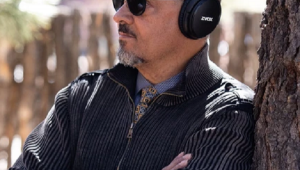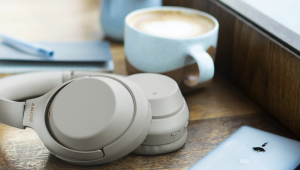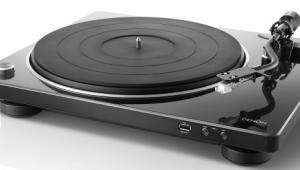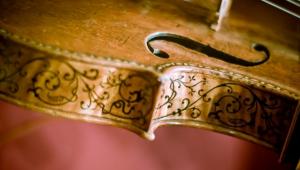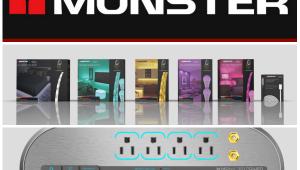The Sounds of Silence
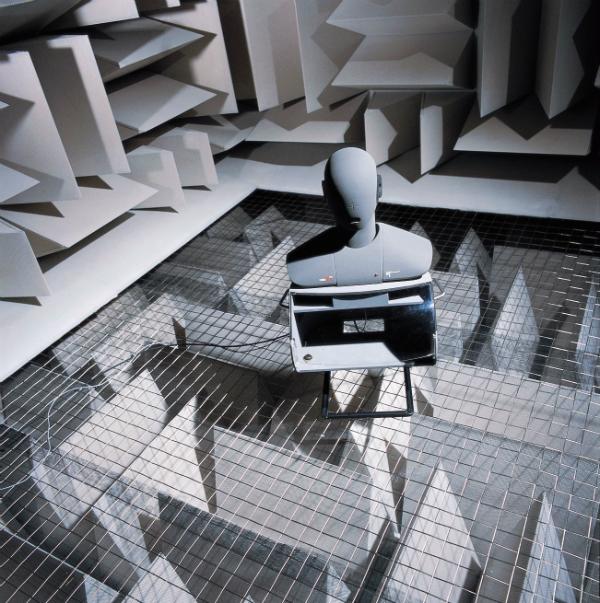
Anechoic chamber (ăn′ĕ-kō′ĭk chām′bər): An anechoic chamber is a room designed to completely absorb reflections of either sound or electromagnetic waves; an-echoic meaning non-reflective, non-echoing or echo-free. They are also insulated from exterior sources of noise.
I was recently working in an anechoic chamber for a few days and the ambience in there (actually, the lack of any) really got me thinking about ambient sounds. Anechoic chambers aren't just silent—it's the absence of any return energy that makes them so unnatural, and after a few hours, downright uncomfortable. You become aware of sounds your own body makes, especially your heart beat in your ears. It’s such an unusual space because it doesn’t really occur in the natural world. Standing on the sandy plain of a desert comes close, but even there, one would hear the movement of air over the ground, and distant ambience. A true anechoic experience almost never happens in our daily lives.
My home seems completely silent—it has poured slabs and concrete-block walls that block out almost all outdoor sounds. However, its walls return tons of reverberant energy. The tile floors and vaulted ceiling makes it react almost like an echo chamber. It’s almost the complete opposite of an anechoic chamber. The reverb time in my living room is over 4 seconds. The downside? I’m near the ocean, but I can’t hear the waves.
For over 25 years, I worked in a recording studio that I felt was a perfectly tuned acoustic space. It’s the middle ground between an anechoic chamber and a reverb chamber with an ideal balance of dead, non-reflective surfaces and live, reflective surfaces. Spending hour upon hour in that space wasn’t a bit uncomfortable.
Carrying on a conversation in my recording studio was pleasant. It was soundproof, so no outside ambience or interference would get in—in fact, we had to make sure that if the building ever caught fire, people knew to alert us in the studios because we couldn’t hear alarms or sirens. Softly spoken whispers were very audible, and voices had a warm, natural sound. In the reverberant space that is my house, the ambience makes everyone’s voice sound wonderful, similar to how much better you think your voice sounds while singing in the shower. As an engineer, one of the first tricks you learn when dealing with a slightly out-of-tune singer is to simply add more reverb. However, discerning softer sounds can be difficult as the reverb smears details of the sound. In the anechoic chamber, I found myself hesitant to speak. My voice sounded unnatural and stuck in my head, almost as if my ears were plugged, and I was aware of how my voice sounded to others. Conversations in the chamber were stilted, because all the other engineers were feeling the same thing—the chamber made us all want to stay quiet.
Here at S&V we tend to focus on created sounds and the amplifiers and speakers that convey them, but it’s important to listen for sounds that aren’t there. Is hearing an echo in your home theater good? Most people would agree that it’s not, but having just a bit of natural reverb is good. Turning your home theater into an anechoic chamber isn’t what you should be striving for—it’s uncomfortable, unnatural, and well, cleaning the floors is almost impossible. Silence may be golden, but as Midas knows, too much is not a good thing.
A final thought: the acoustic measurements we recorded in the anechoic chamber were very accurate, and repeatable in any similar chamber. That was attributable to the non-sound of the chamber. But in our listening rooms, and in the rooms we spend our lives in, that sterile precision is exactly what we don’t want. Rather, we enjoy rooms that have an interesting and even quirky sound of their own. We want our rooms to have character. Take a moment and walk through your house and listen to each room. Politely clap your hands together to stir the personality of each one. You’ll hear what I mean.
